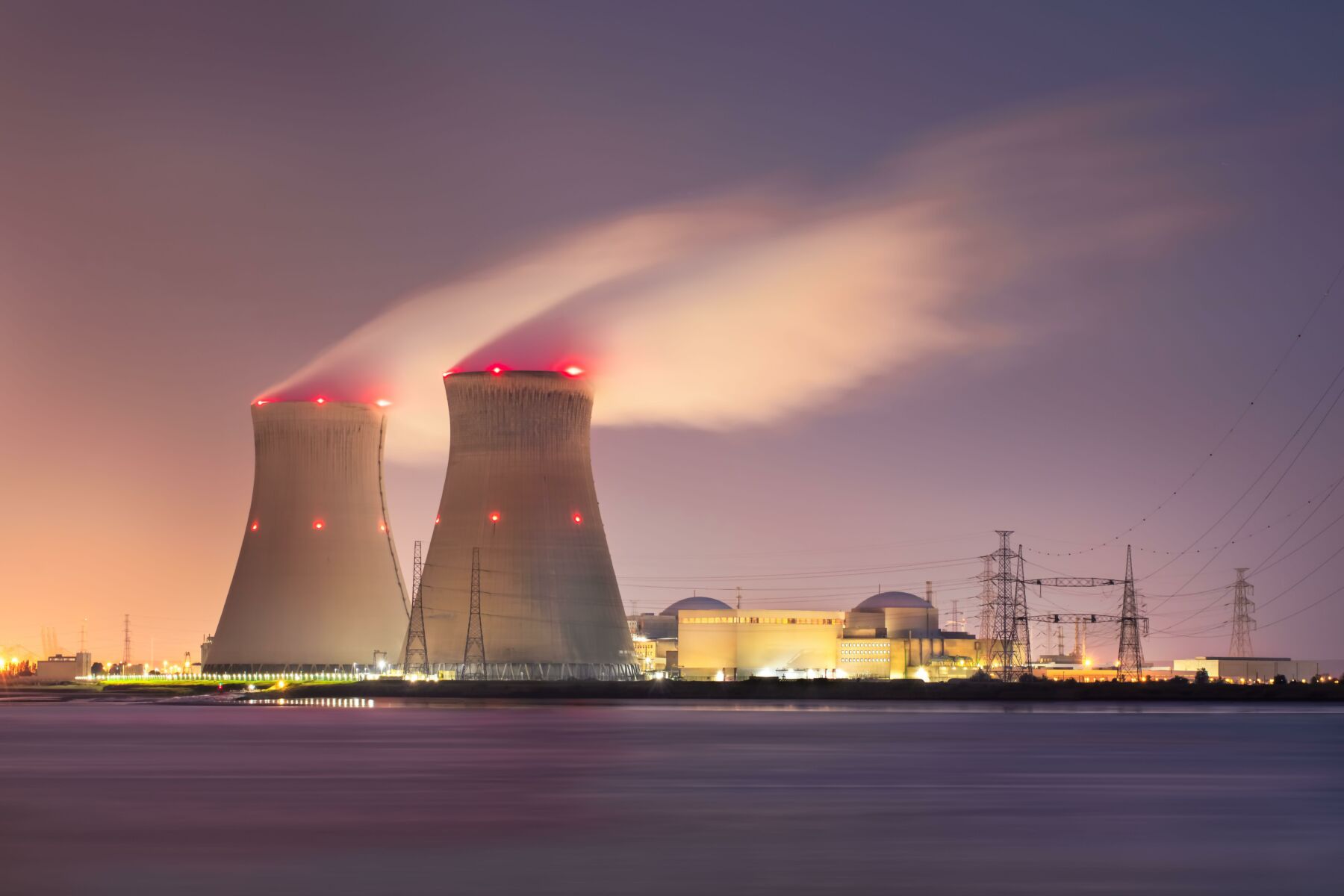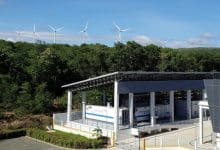Thailand explores nuclear energy amid gas supply concerns

The Energy Regulatory Commission (ERC) is gearing up for a deep dive into the legalities of a new small modular reactor (SMR) project right here in Thailand. The nation is at a crossroads, and embracing nuclear energy could be its ticket to a future-proof power grid.
Why now, you ask? The country’s domestic gas supplies are drying up, and talks with Cambodia over potential joint petroleum production in the hotly contested overlapping claims area (OCA) in the Gulf of Thailand are stagnating.
The OCA might be a goldmine for a new gas field, but the project has hit a wall of opposition. Critics fear the 2001 memorandum of understanding (MoU) could put Thailand’s control over the picturesque Koh Kut island in jeopardy.
With natural gas reserves running low, Thailand is on a mission to find new energy sources, pledging in its 2024 power development plan to ramp up clean energy use.
Enter the SMRs, nuclear reactors with up to 300 megawatts of power generation capacity per unit, as defined by the International Atomic Energy Agency. They’re small but mighty, packing about one-third of the punch of their larger nuclear cousins.
ERC chief Poonpat Leesombatpiboon earmarked a collaboration with the Office for Atoms for Peace, sealing the deal with a memorandum of understanding to hammer out the nuts and bolts of this nuclear endeavour.
Power plants
An insider has spilt the beans on the 2024 power development plan extending to 2037, revealing ambitions for two SMRs, each boasting a 300MW capacity, to kick into gear as the plan wraps up. The Electricity Generating Authority of Thailand (EGAT) is set to steer the course, driving the reactor dream forward.
EGAT governor Thapparat Theppitak recently took a stroll around a 125-MW SMR project in Hainan, China, and was dazzled by the potential of these pocket-sized power stations.
“SMRs will be a ‘game changer’ in the global power industry.”
Despite their current price tag being two to three times heftier than combined-cycle power plants, which mix gas and steam turbines for energy, Thapparat is confident costs will take a nosedive in due course. Plus, SMRs boast serious staying power, offering a whopping 60-year lifespan compared to the mere 25 years of gas or coal-fired plants.
As Thailand navigates this energy conundrum, all eyes are on the ERC’s nuclear manoeuvres that could well and truly shake up the power game.
What Other Media Are Saying
- Necessary highlights the revival of nuclear energy discussions in Southeast Asia, with countries like the Philippines, Indonesia, and Thailand integrating nuclear power into their energy strategies to meet net-zero targets amidst renewable energy challenges. (read more)
- International Atomic Energy Agency highlights its advisory mission to Thailand, commending the nation’s nuclear security framework and offering recommendations for enhancing detection strategies and stakeholder coordination to manage radioactive materials effectively. (read more)
- Vietnam Plus reports Thailand’s ambition to diversify its energy mix by exploring small modular nuclear reactors, aiming for 50% renewable energy by 2040 amidst declining natural gas reserves and a green transition goal. (read more)
Frequently Asked Questions
Here are some common questions asked about this news.
Why is Thailand turning to nuclear energy despite its high initial costs?
Thailand aims to ensure energy security amid declining gas reserves and sees long-term benefits in SMRs.
How might the adoption of SMRs transform Thailand’s energy landscape?
SMRs could provide stable, clean energy, reducing reliance on fossil fuels and supporting sustainable development.
What if Thailand’s SMR project faces strong opposition similar to the OCA gas field disputes?
Public resistance could delay or alter the nuclear initiative, necessitating alternative energy strategies.
How could the Thailand-Cambodia negotiations impact nuclear energy plans?
Successful negotiations may shift focus from nuclear to joint gas production, affecting nuclear investment.
What role does international collaboration play in Thailand’s nuclear energy pursuit?
International partnerships could provide expertise, improve safety standards, and reduce development costs for SMRs.
Latest Thailand News
Follow The Thaiger on Google News:


























